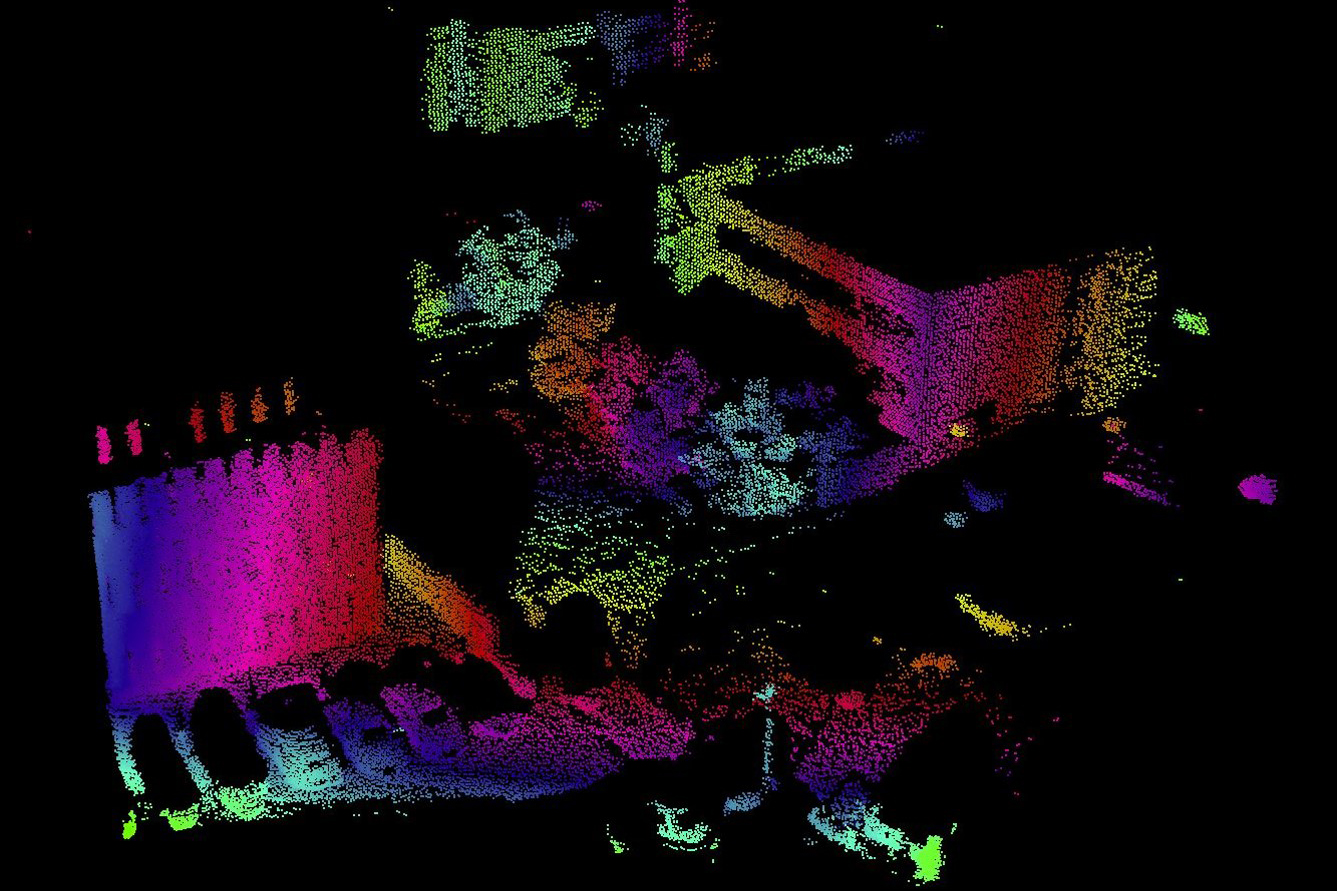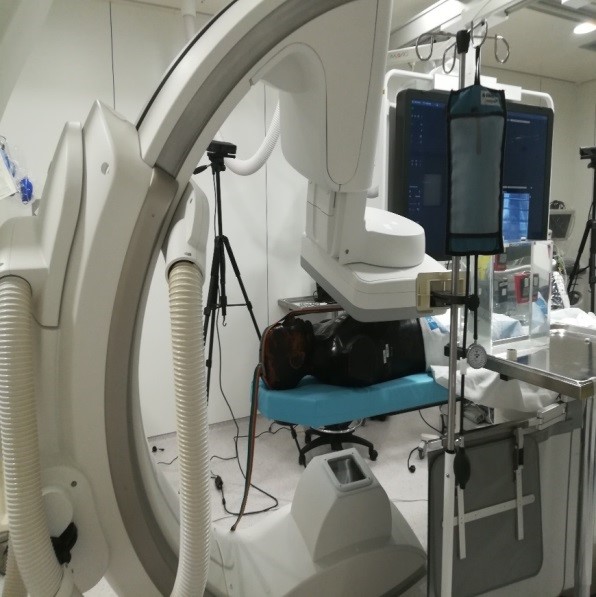
Smart monitoring system for industrial cold generation plants
April 11, 2019
Photonic technologies for 3D detection
May 5, 2019In Vienna, the main results were presented of the first two years (out of a total of 4) of MEDIRAD, a European project with participants from the Biomedical Engineering Research Centre (CREB UPC) and the Dosimetry and Ionizing Radiation Research Group from the Institute of Energy Technologies (INTE UPC).

The main aim of MEDIRAD, Implications of Medical Low Dose Radiation Exposure, is to increase knowledge of the effects of the use of radiation in the healthcare environment. The project should enable significant advances in knowledge of risks derived from radiation and establish the scientific bases for the development of rules and recommendations for radiological protection in medicine.
Specifically, the CREB UPC team is participating in developing an application for determining in real time the distribution of the dose in patients who undergo radiological processes or interventional cardiology. Interventional procedures are minimally invasive procedures in which radiological images are used as guidance. They are of great interest to diagnose other diseases and as an alternative to surgical treatment in cardiovascular, urological and neurological diseases and biopsies, etc. However, in some cases they can lead to long irradiation times and the patient can develop a skin disorder that requires treatment.
The results presented by the UPC team validate the calculation software, by comparing thermoluminescence dosimeter measures and the first calculations for estimating the dose in an interventional procedure of 2 hours and 40 projections with a calculation time of around 7 minutes.
The new computer tool will enable the identification of patients at risk of developing a skin disorder due to the radiological procedure. It will also provide new data on the dose of patients in organs of interest such as the heart or brain, to improve medical practices and ensure more effective protection of patients.
The project is funded by the Programme H2020, with a budget of 10 million euros. Thirty-three entities are participating, and the length of the project is 48 months (2017- 2021).
Related Projects
- A team from the Bioinspired Oral Biomaterials and Interfaces (BOBI) research group at the Department of Materials Science and Engineering (CEM) of the Universitat Politècnica de Catalunya - BarcelonaTech (UPC) is taking part in the European project HYDROHEAL, which explores how to transform bone fracture treatment using smart and advanced biomaterials, aiming to reduce the risk of infection and implant rejection, as well as shortening fracture recovery times.
- Neurodegenerative diseases, such as Parkinson's disease, Alzheimer's, and age-related disorders, have been widely studied due to their significant impact on individuals and society. So far, these are incurable and debilitating diseases that lead to progressive degeneration and death of nerve cells, resulting in cognitive and mobility impairments. Tremors, mainly at rest, slowness of movement (bradykinesia), limb rigidity, and issues with gait and balance are typical motor disorders related to Parkinson’s disease. Additionally, due to progressive muscle atrophy, these issues can lead to falls, which in turn result in further complications and risks to quality of life.
- The Biomaterials, Biomechanics, and Tissue Engineering (BBT) Research Group at the Institute for Health Research and Innovation (IRIS) of the Universitat Politècnica de Catalunya – BarcelonaTech (UPC) is leading DYNAMIC, a project aimed at creating multifunctional, stimuli-responsive biomaterials that not only promote bone regeneration but also intelligently and effectively combat bacterial infections.
- 30/09/2024Project Headerrightno-repeat;left top;;auto20px A team from the Centre for Research in Biomedical Engineering (CREB) of the UPC and Sant Joan de Déu has created a new […]




